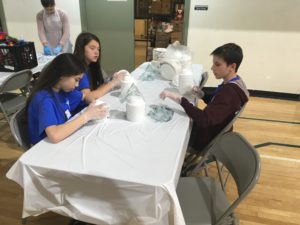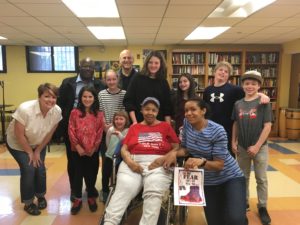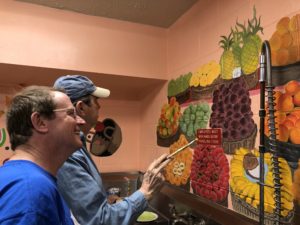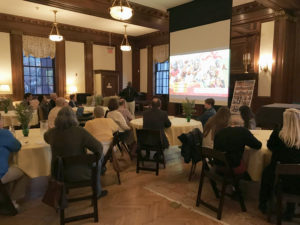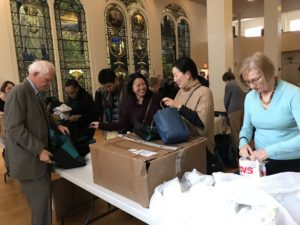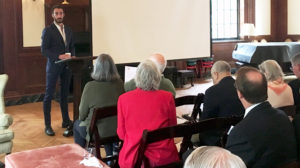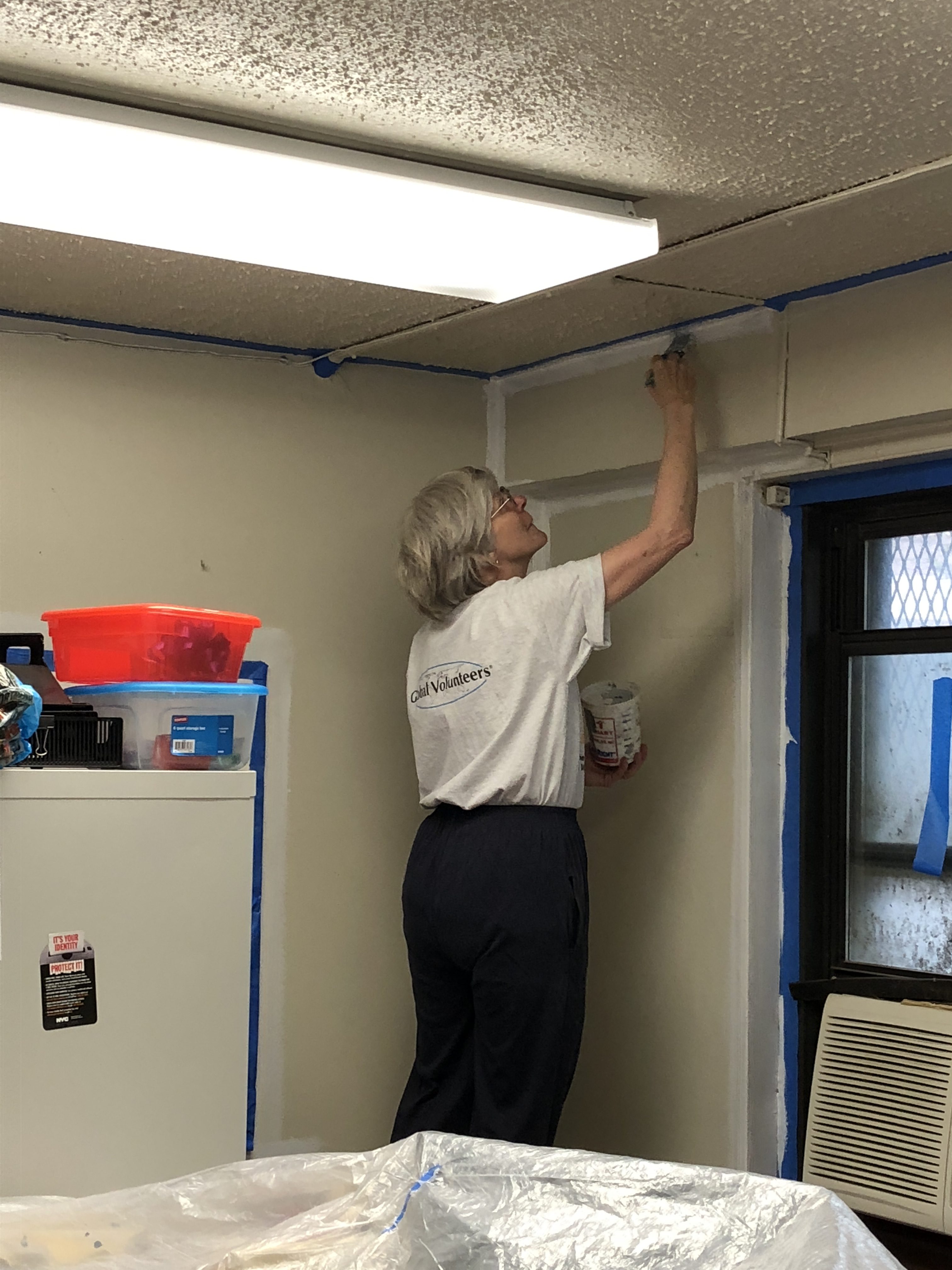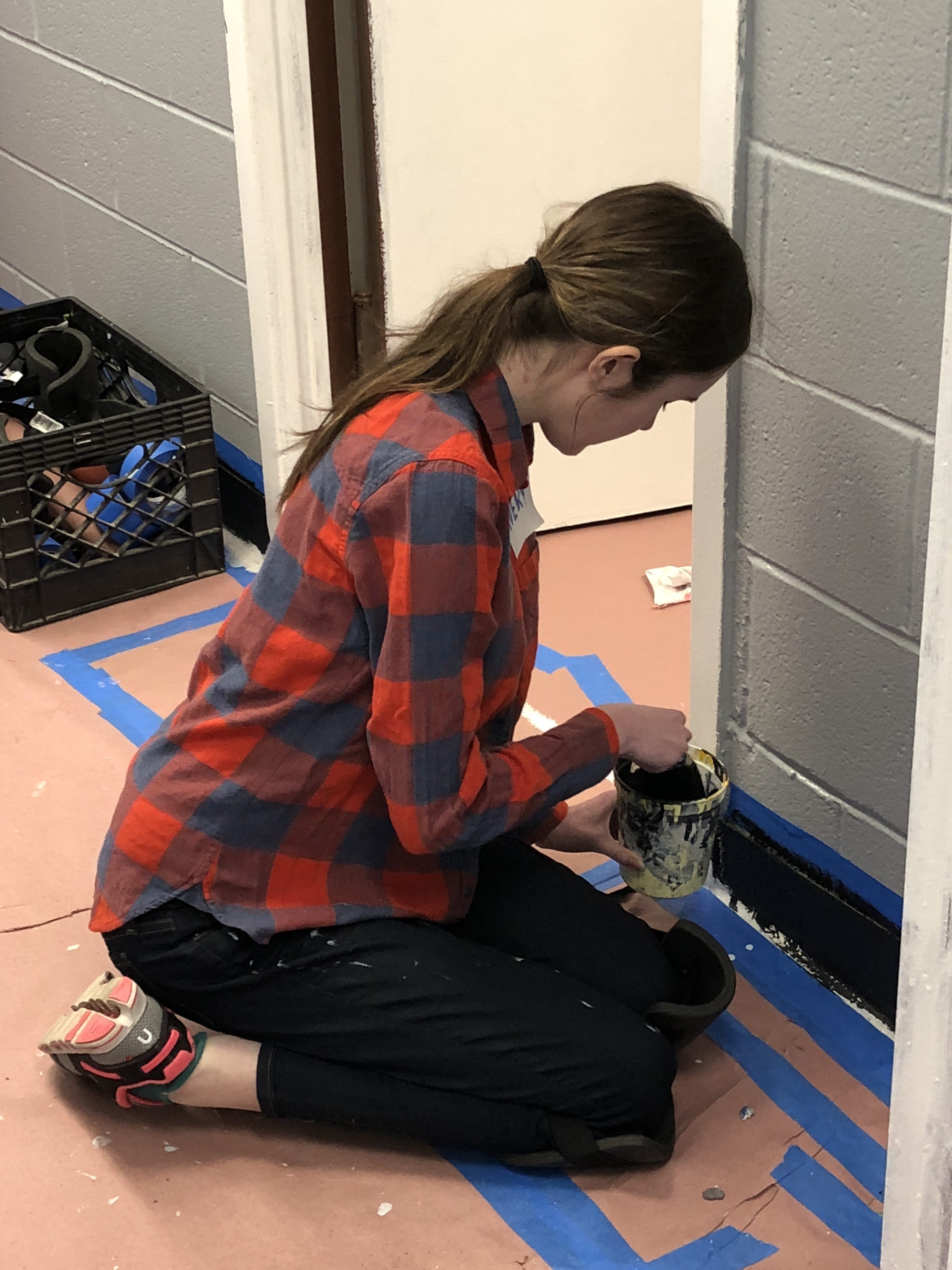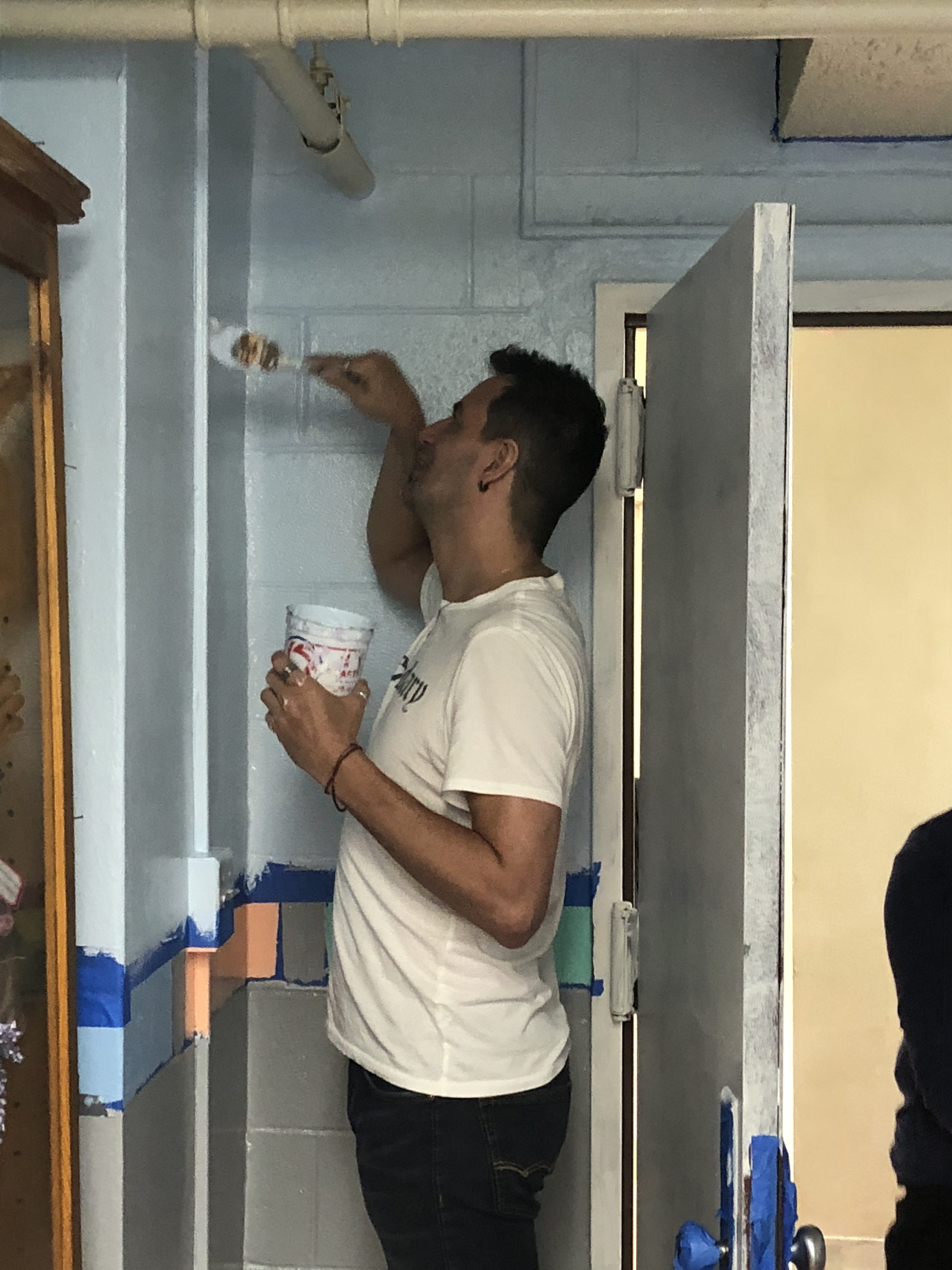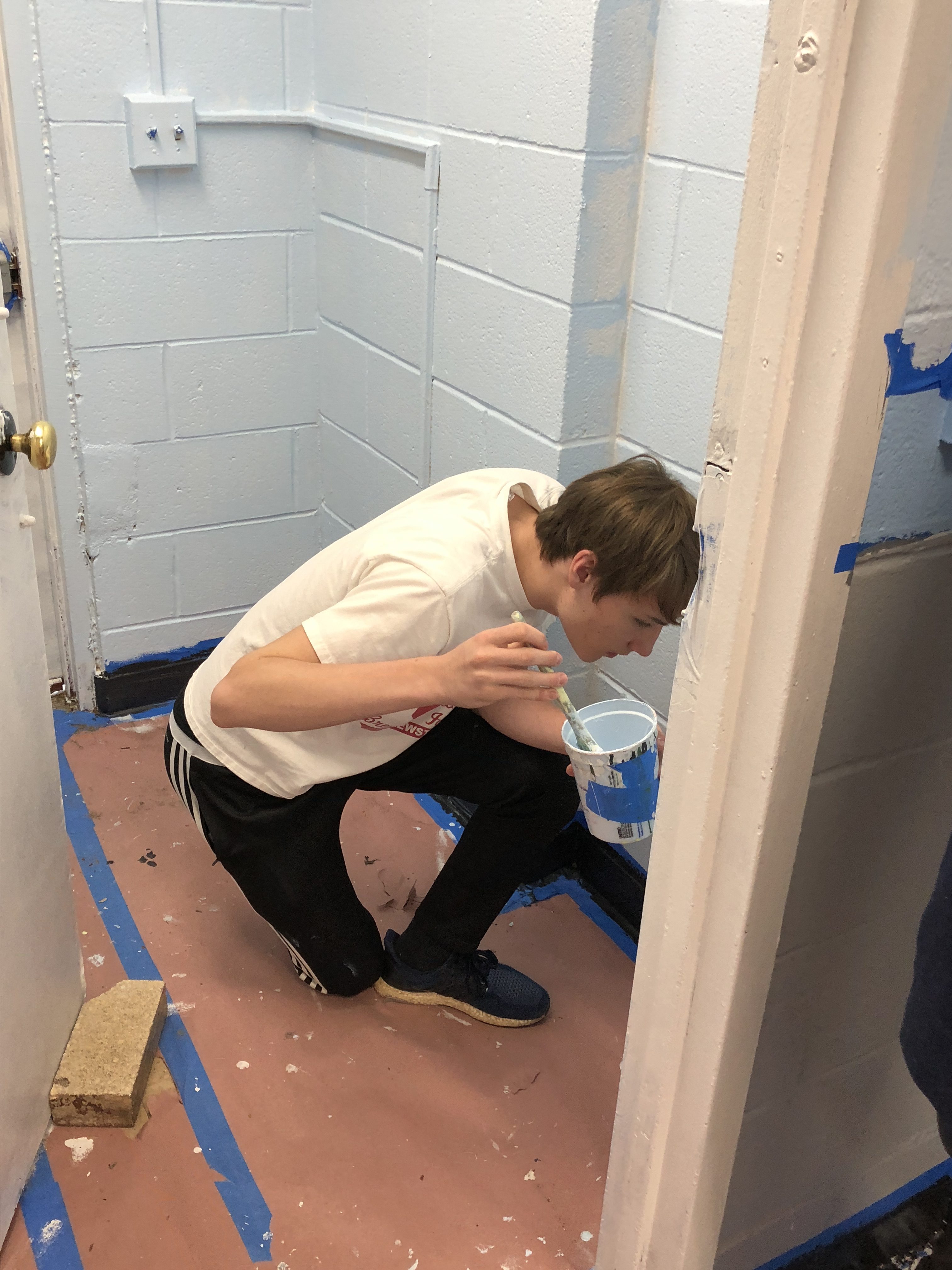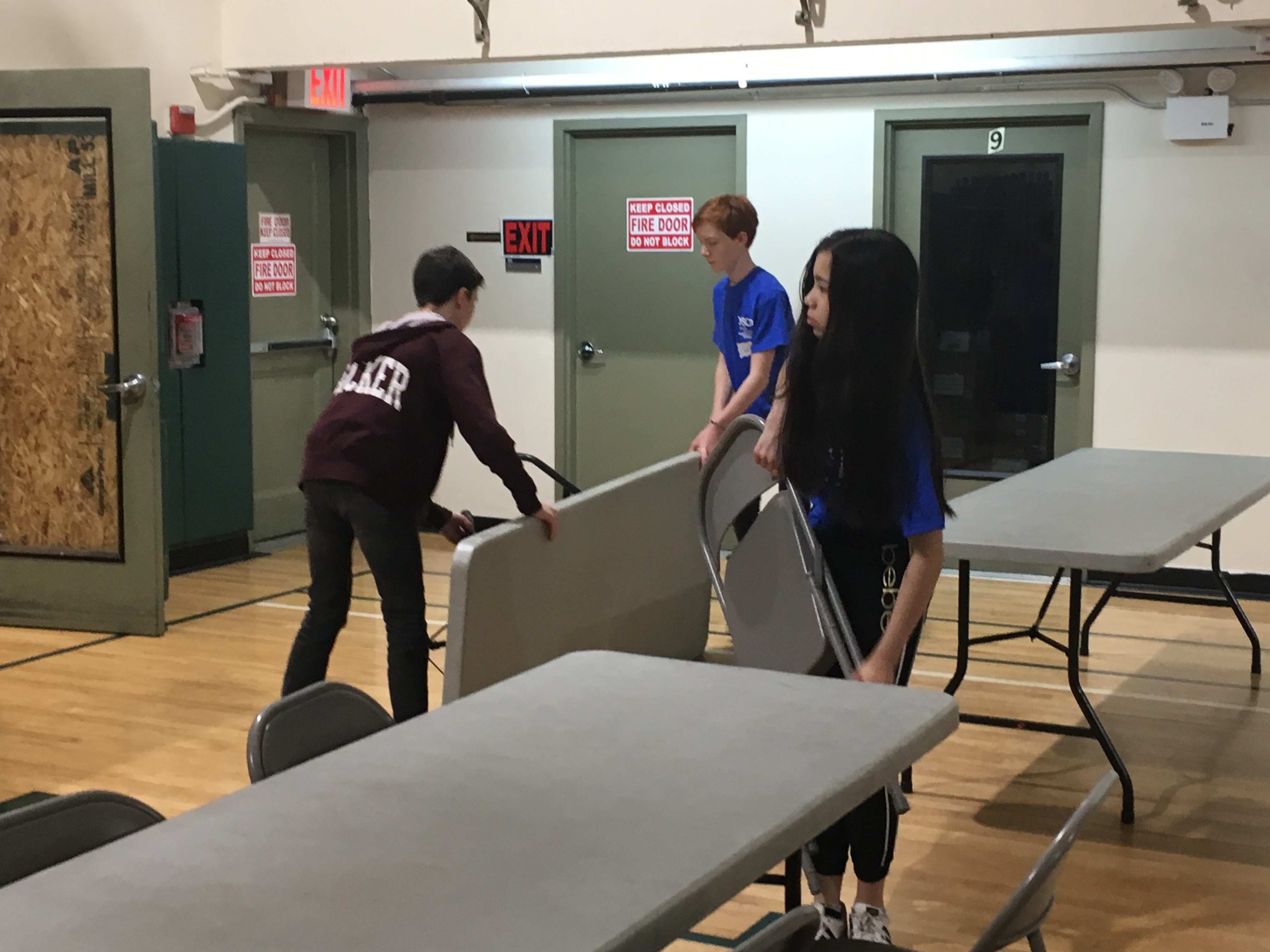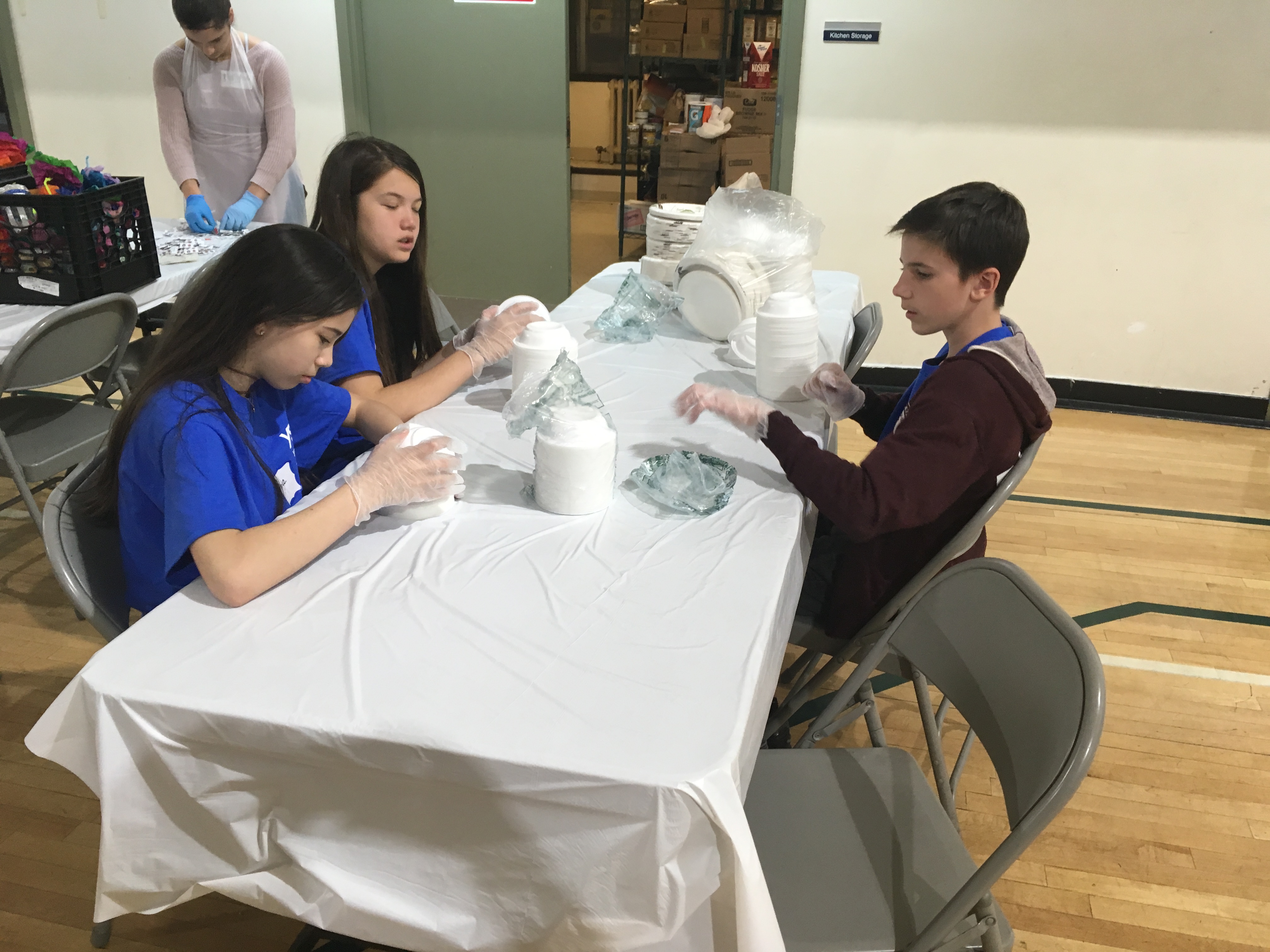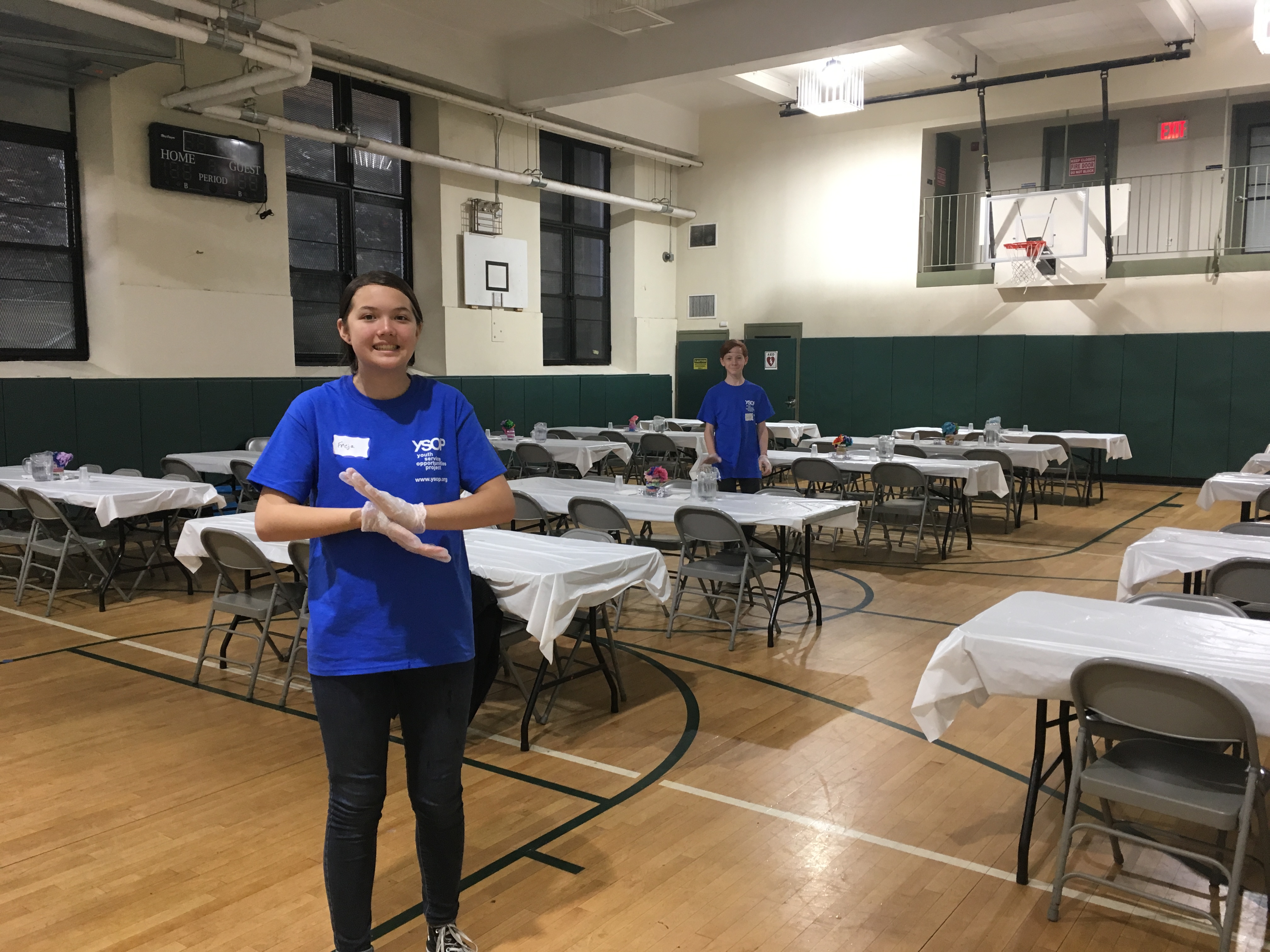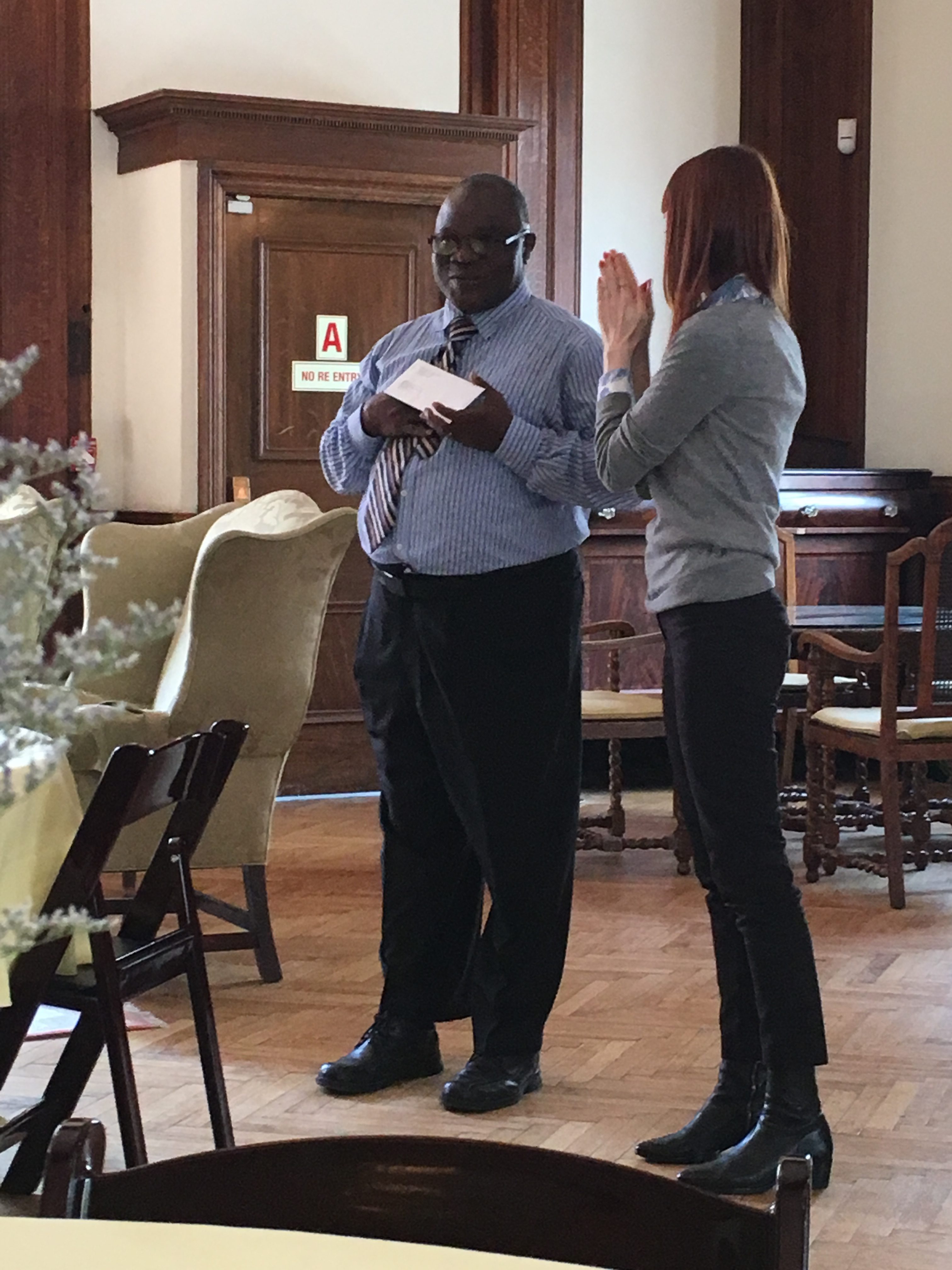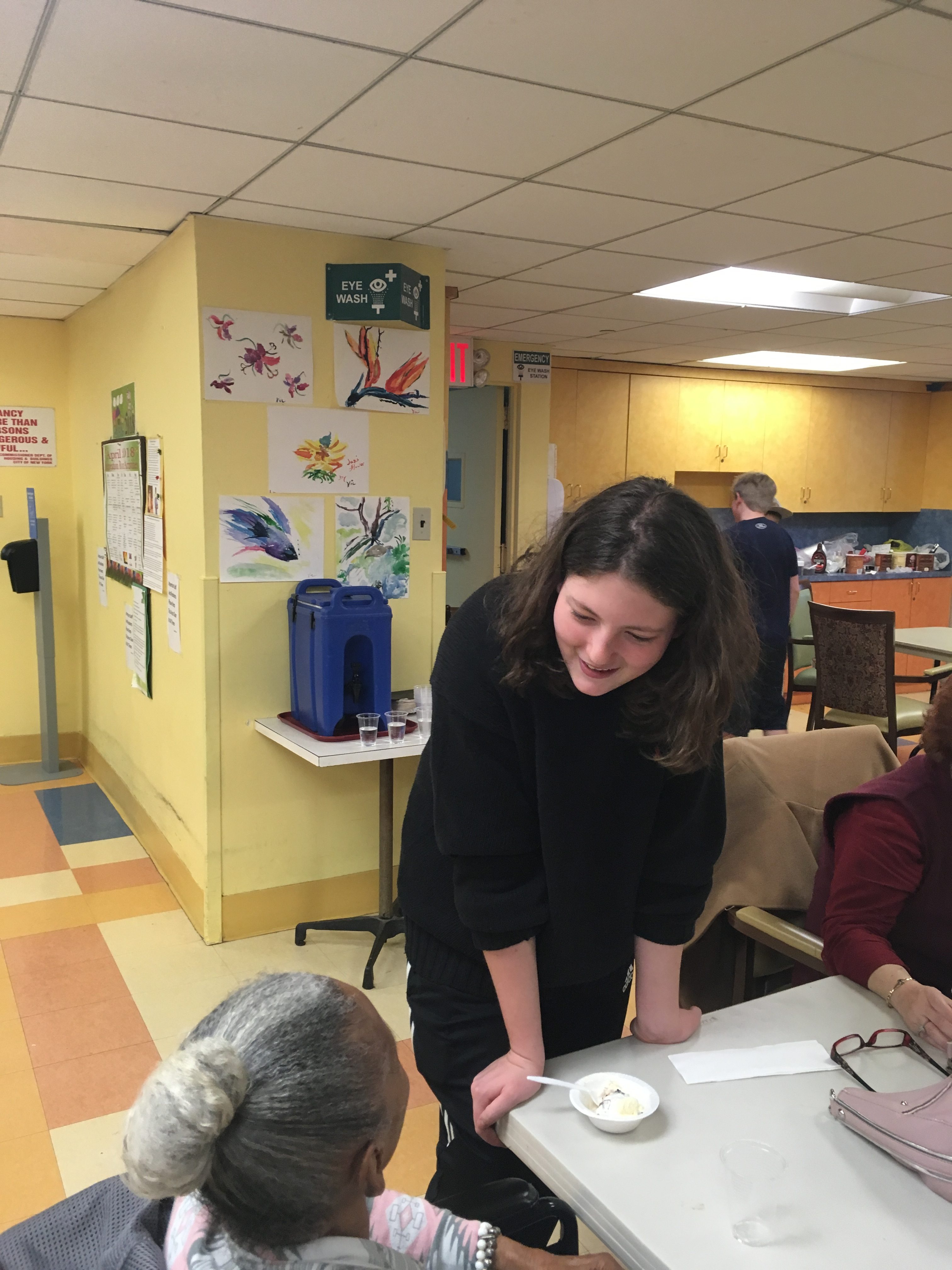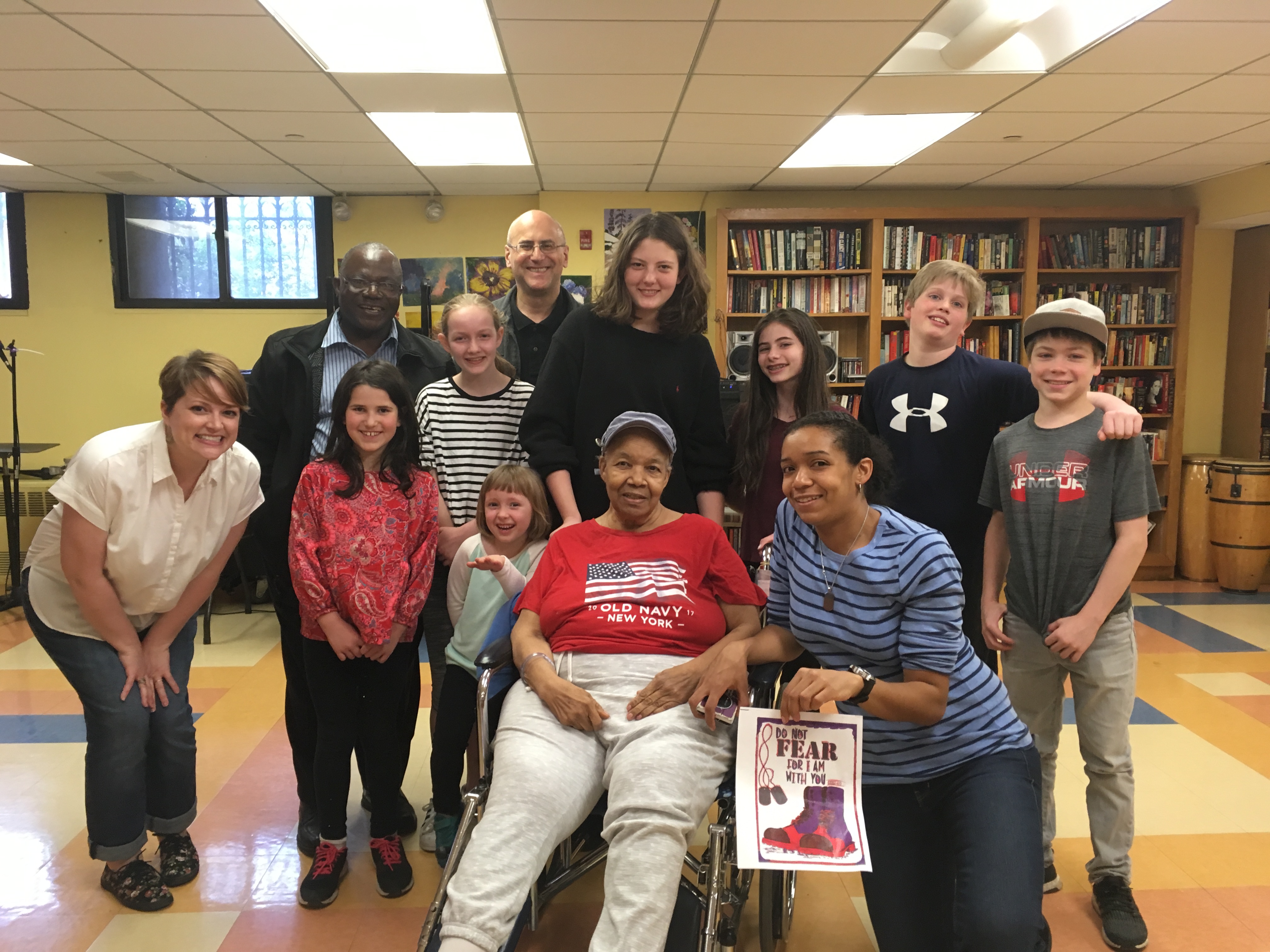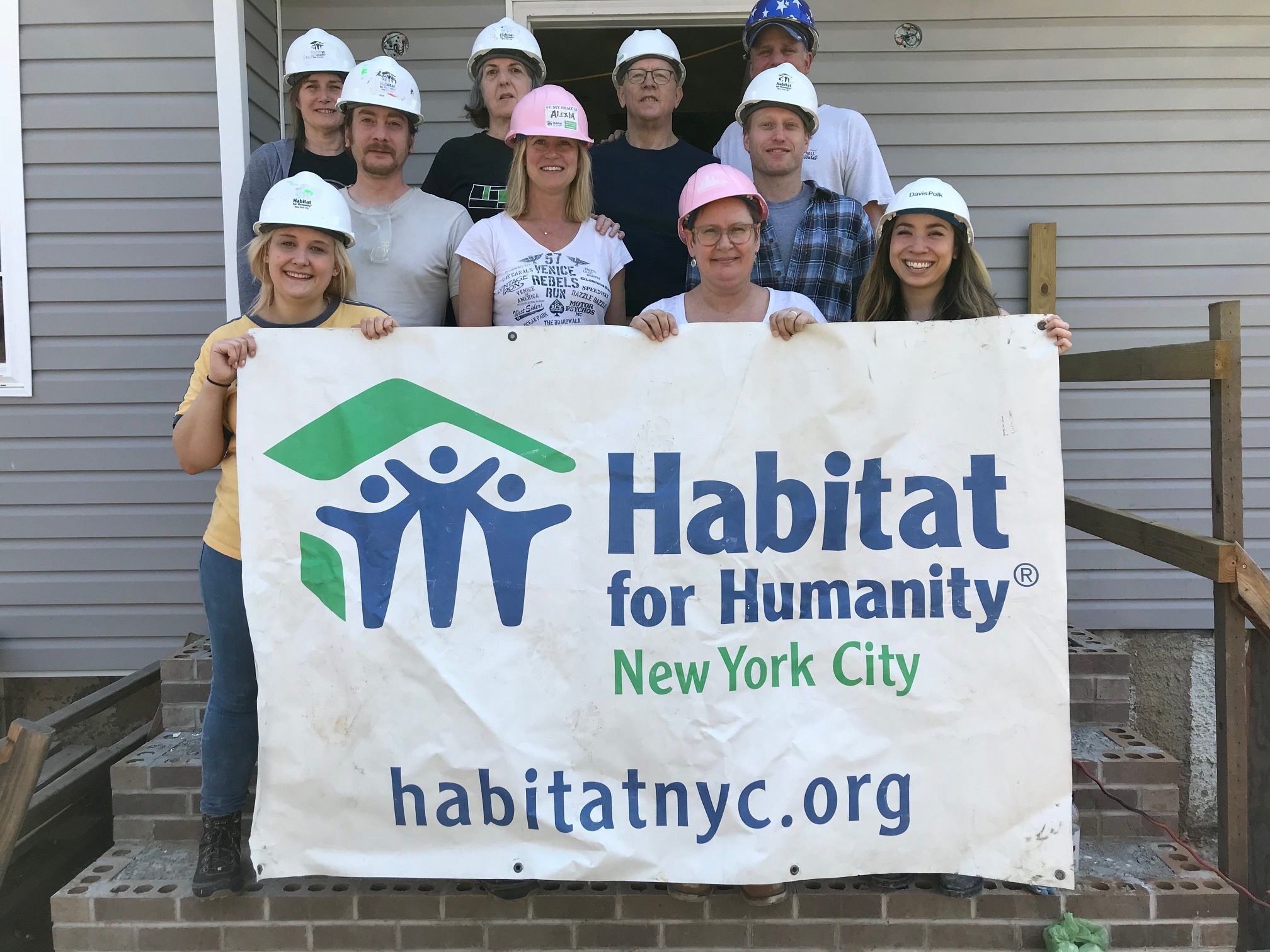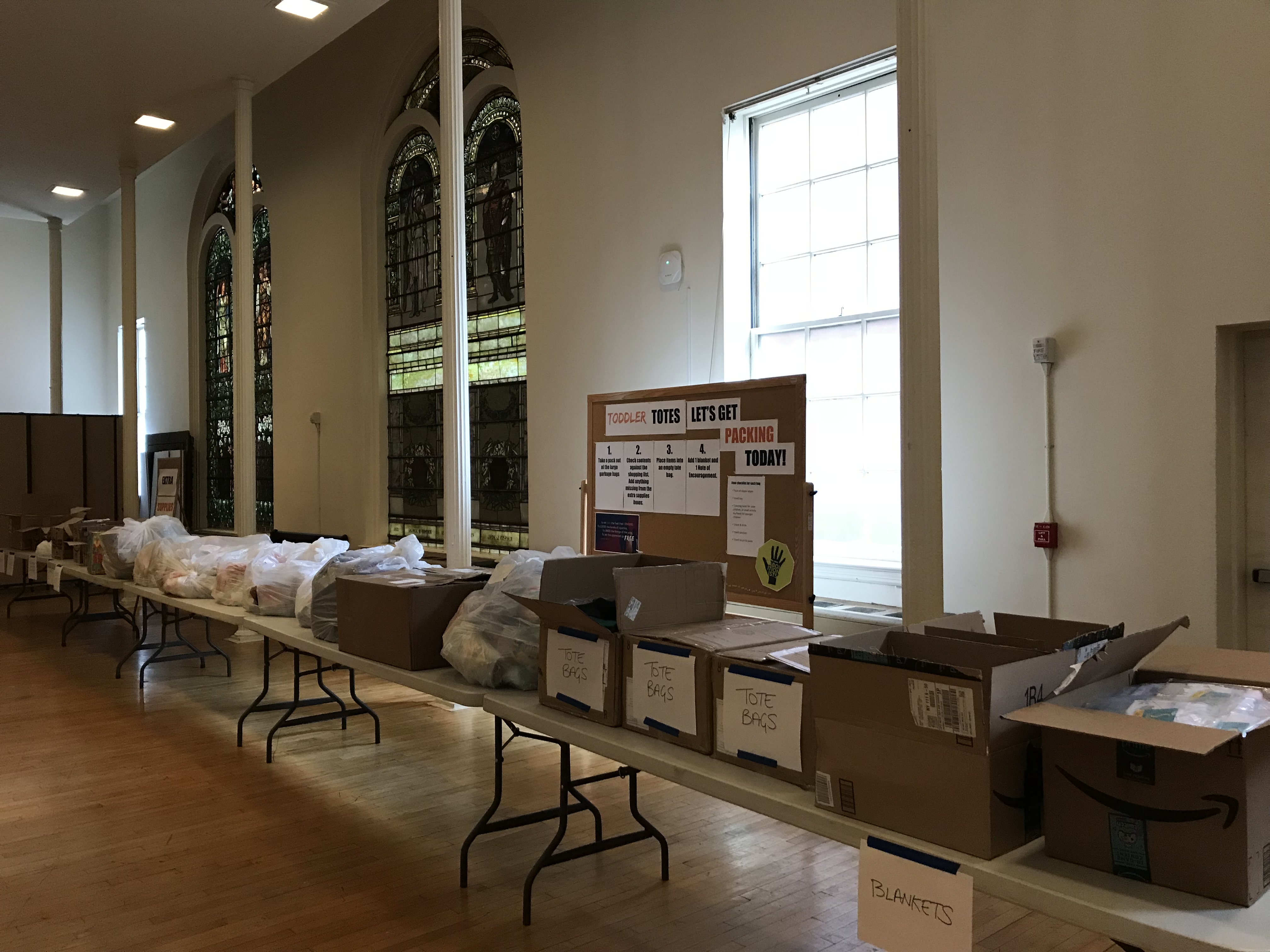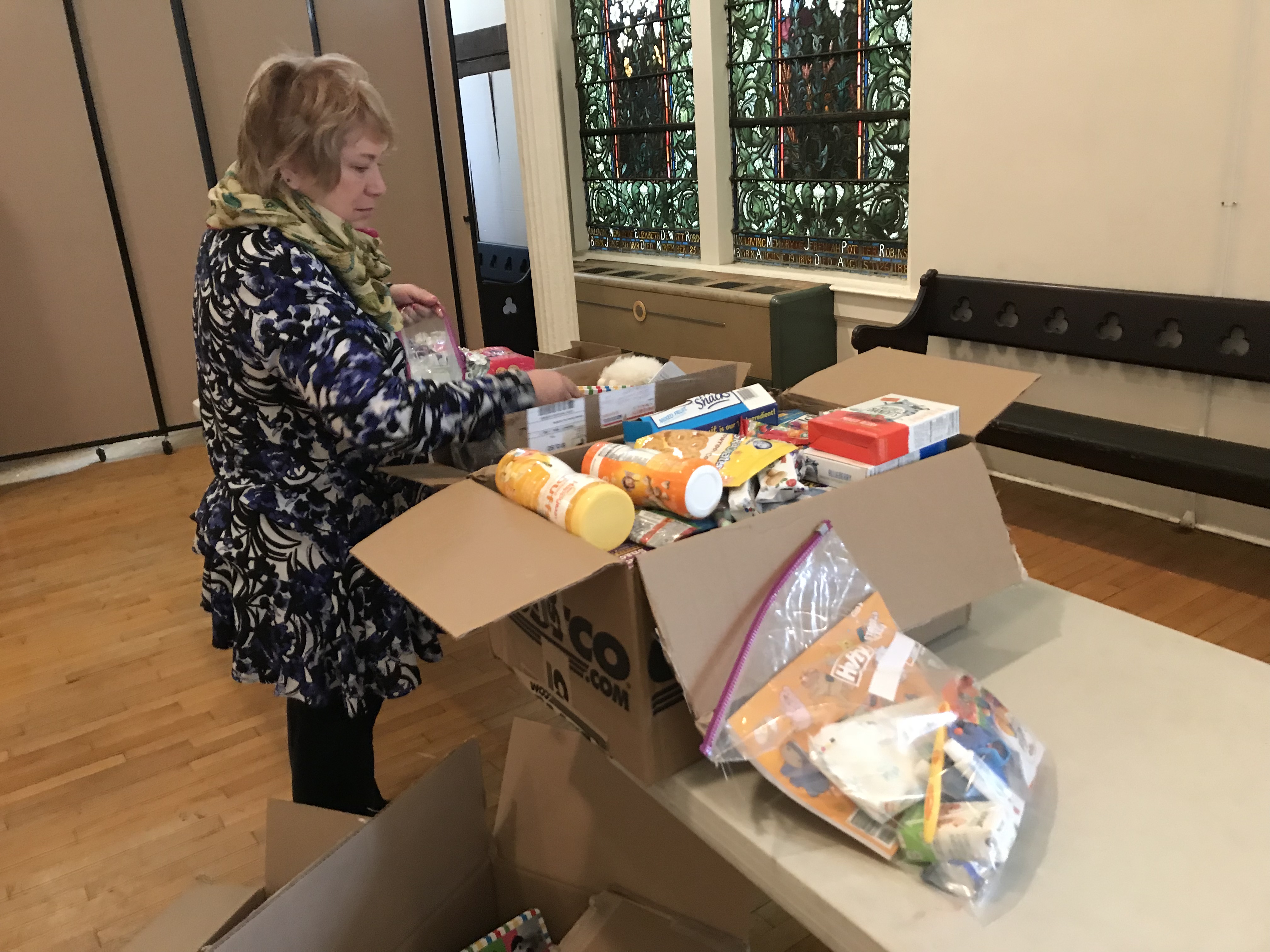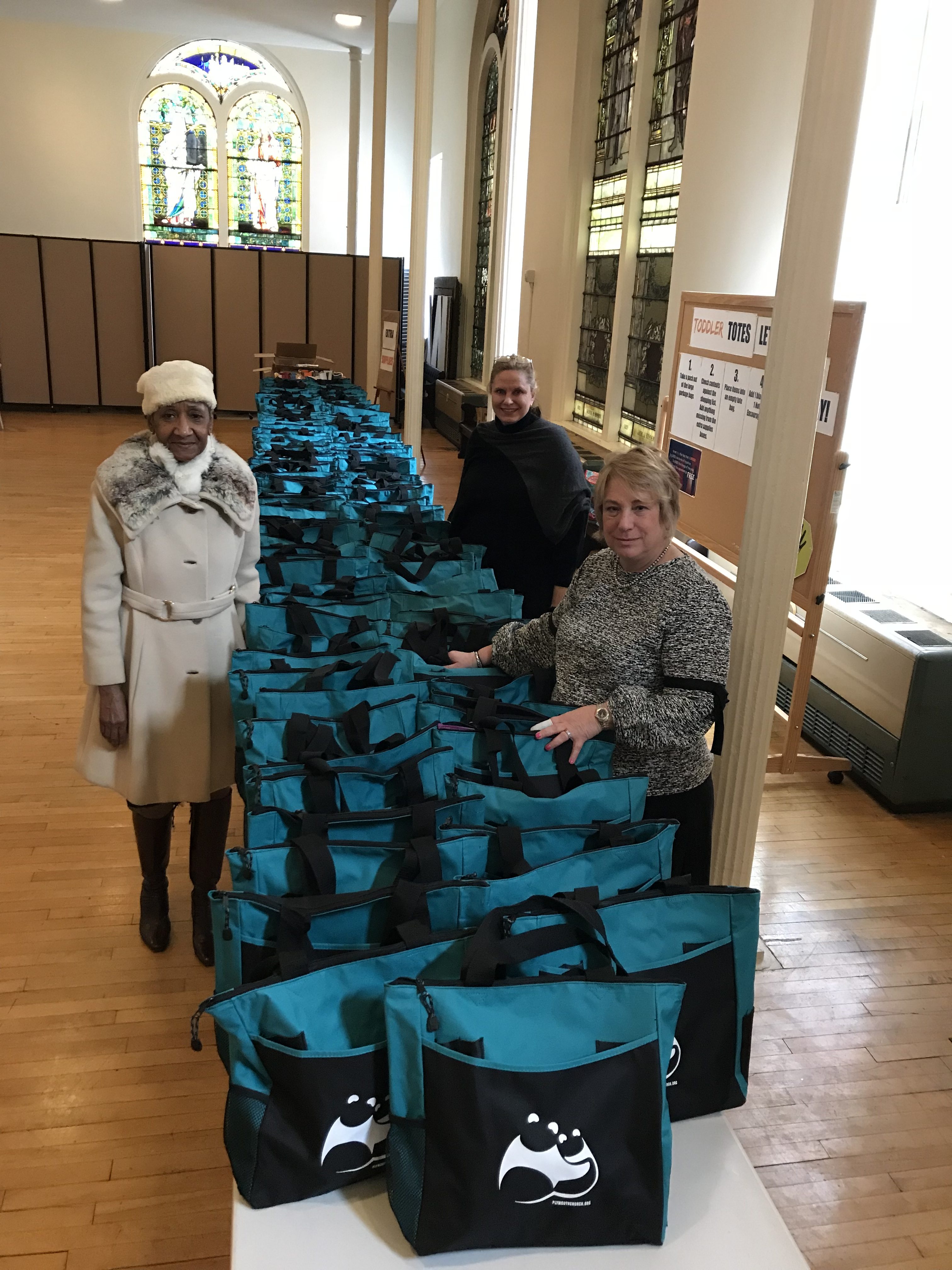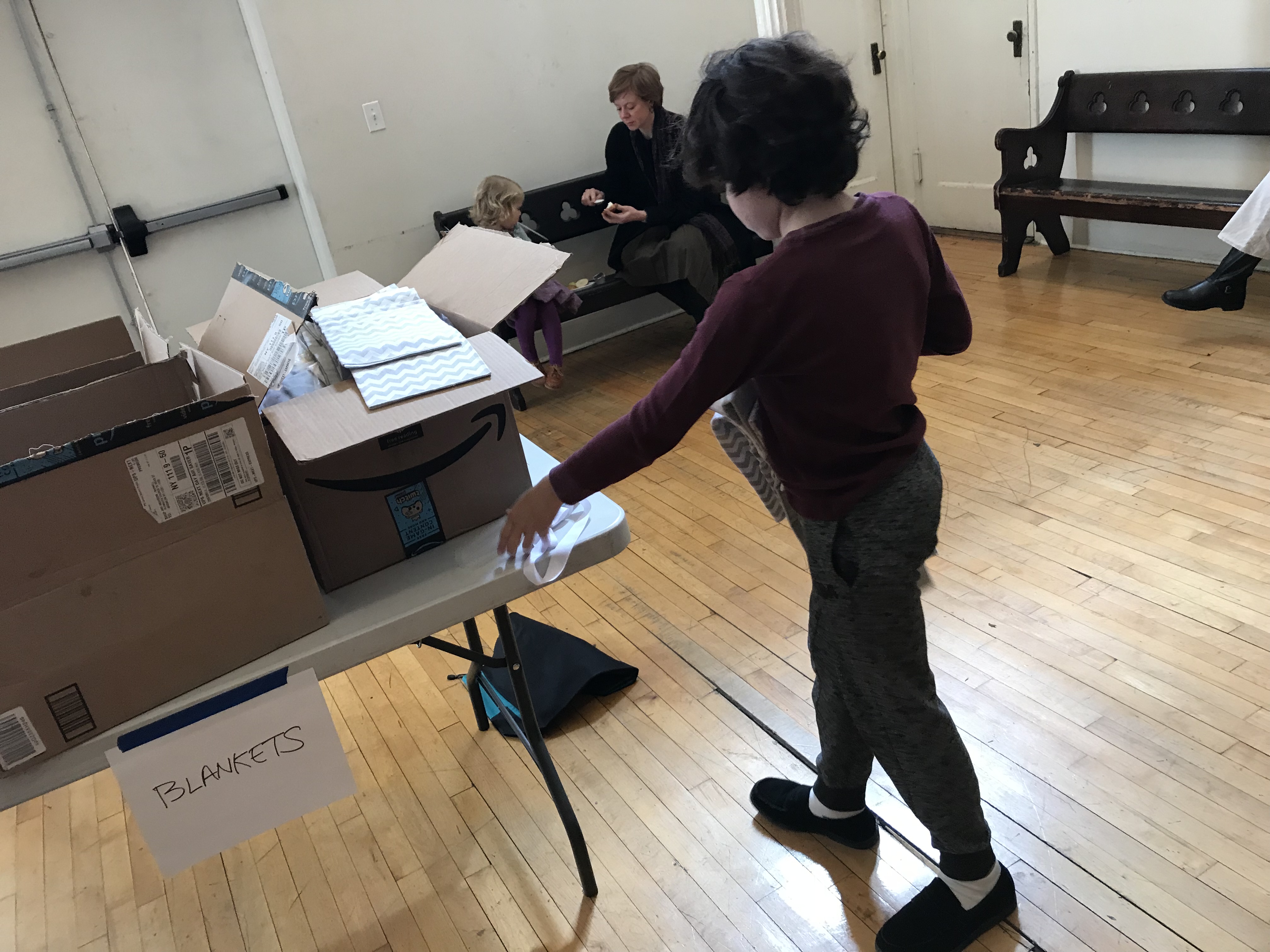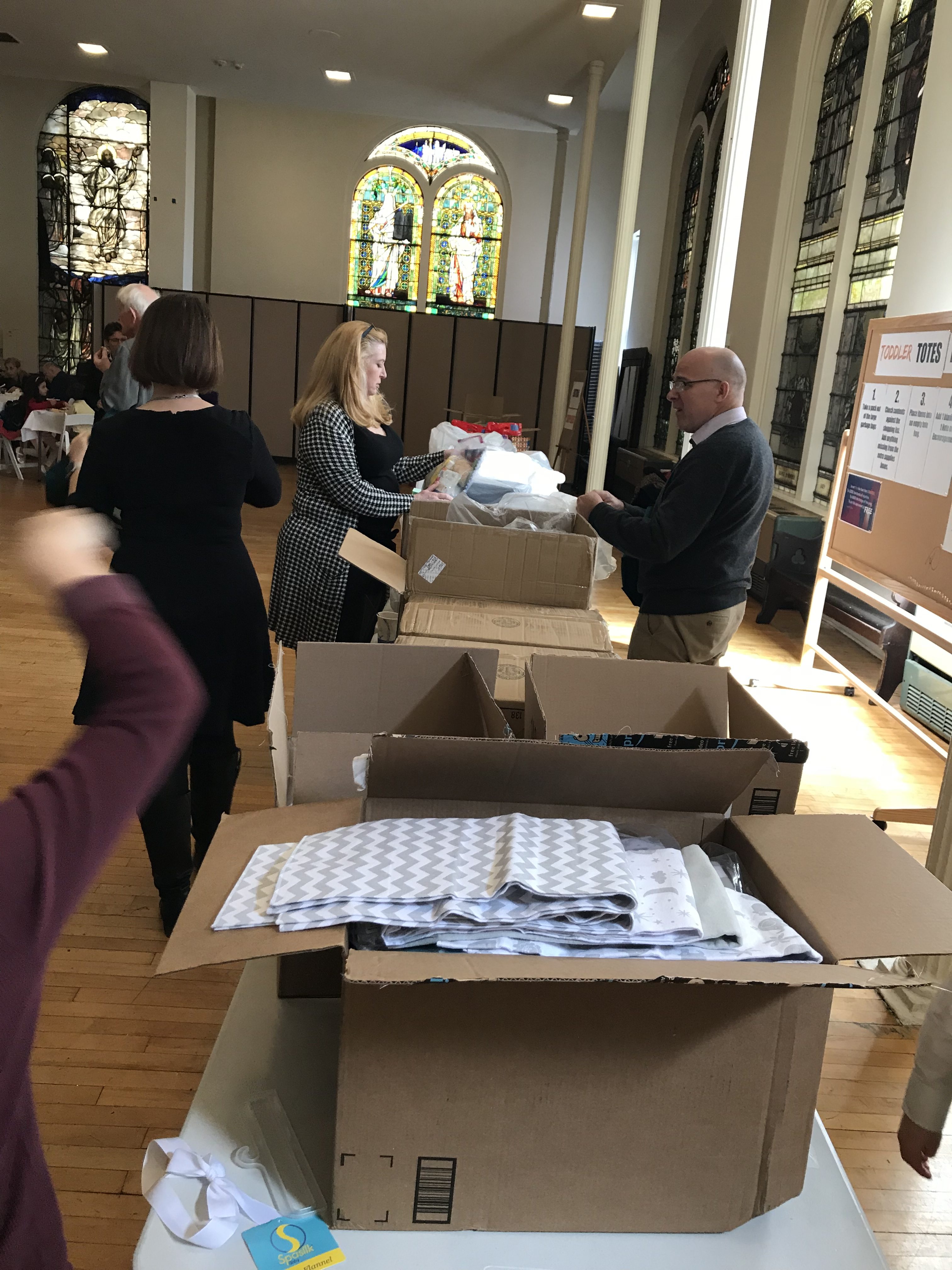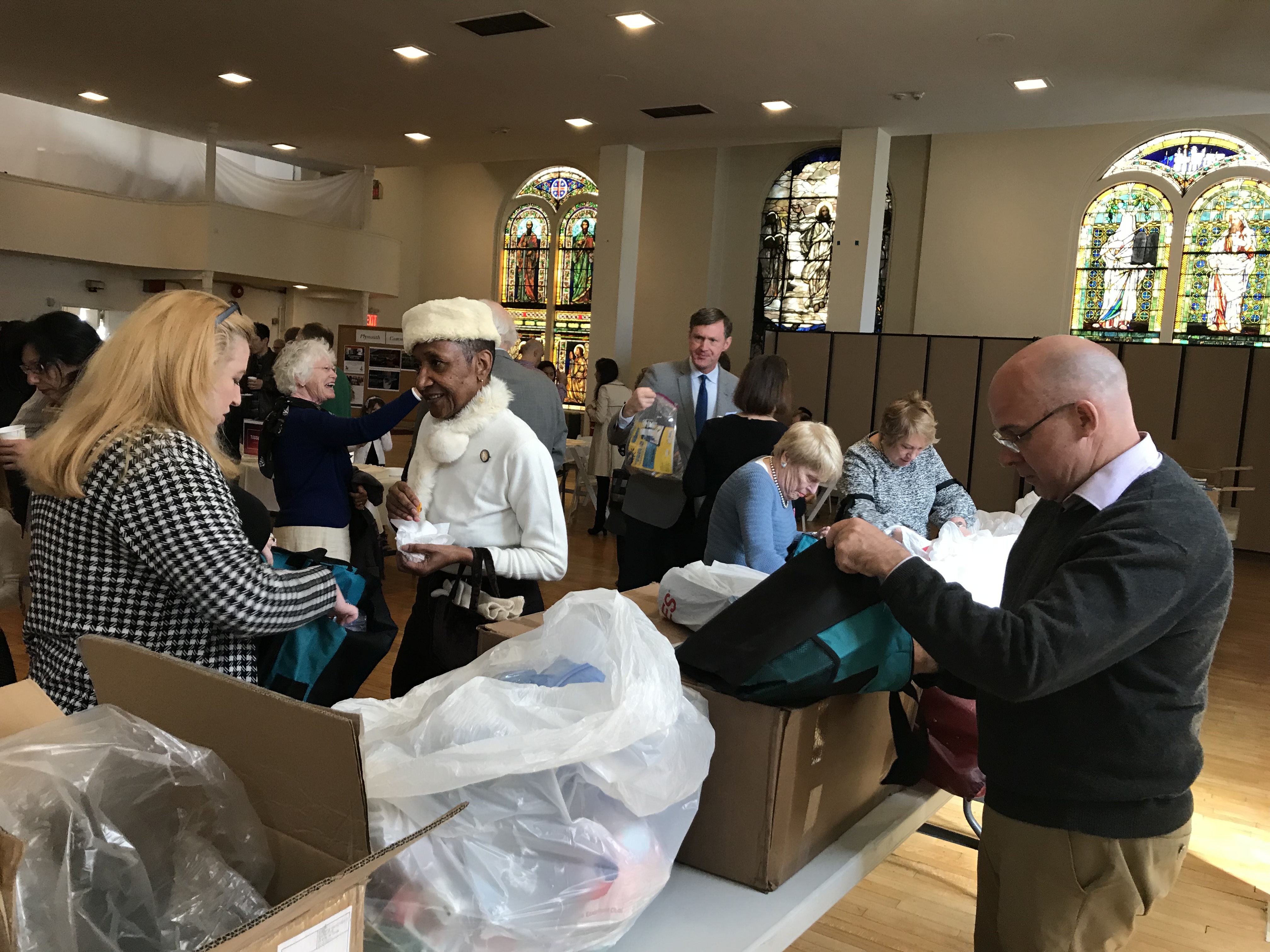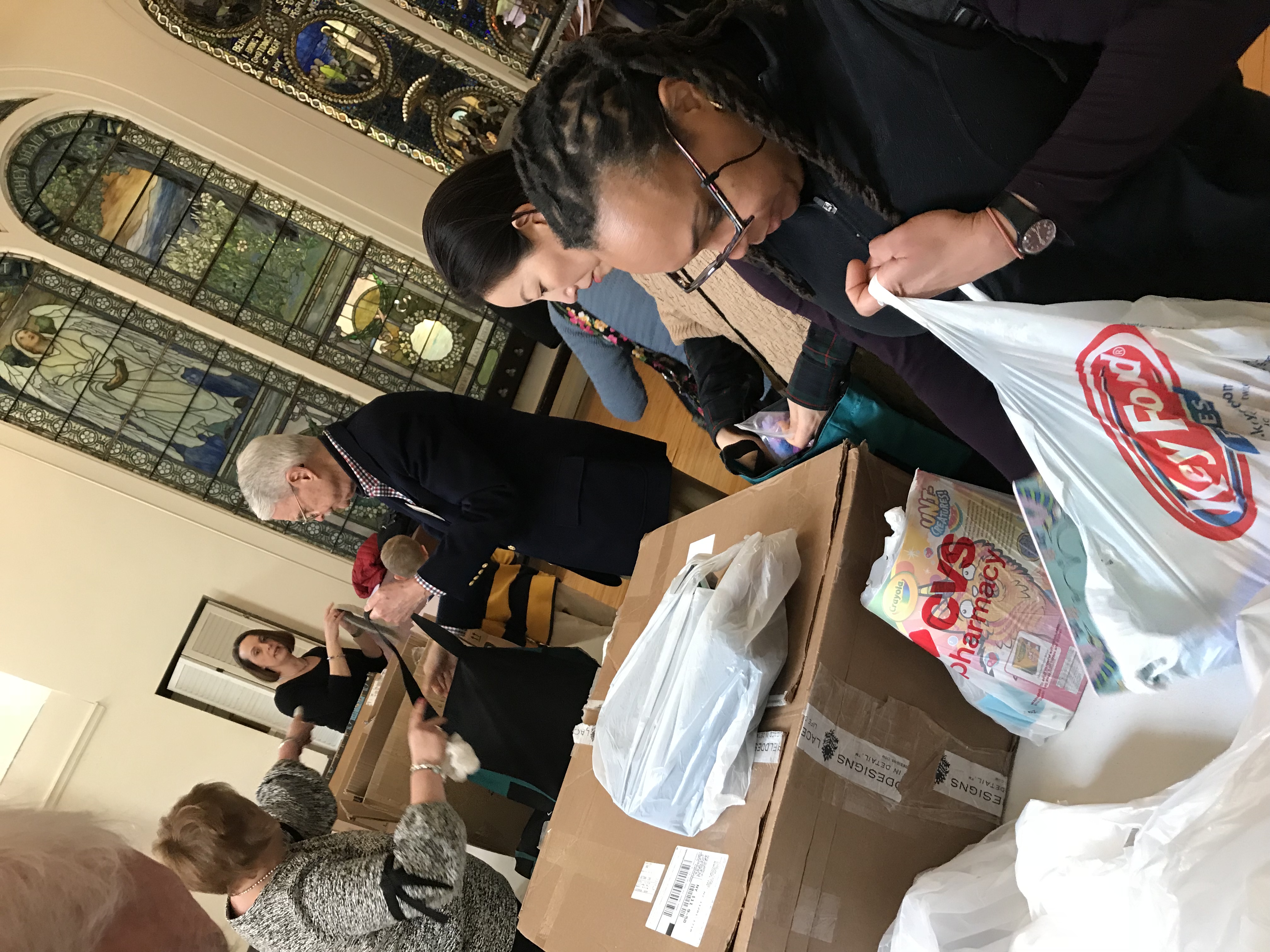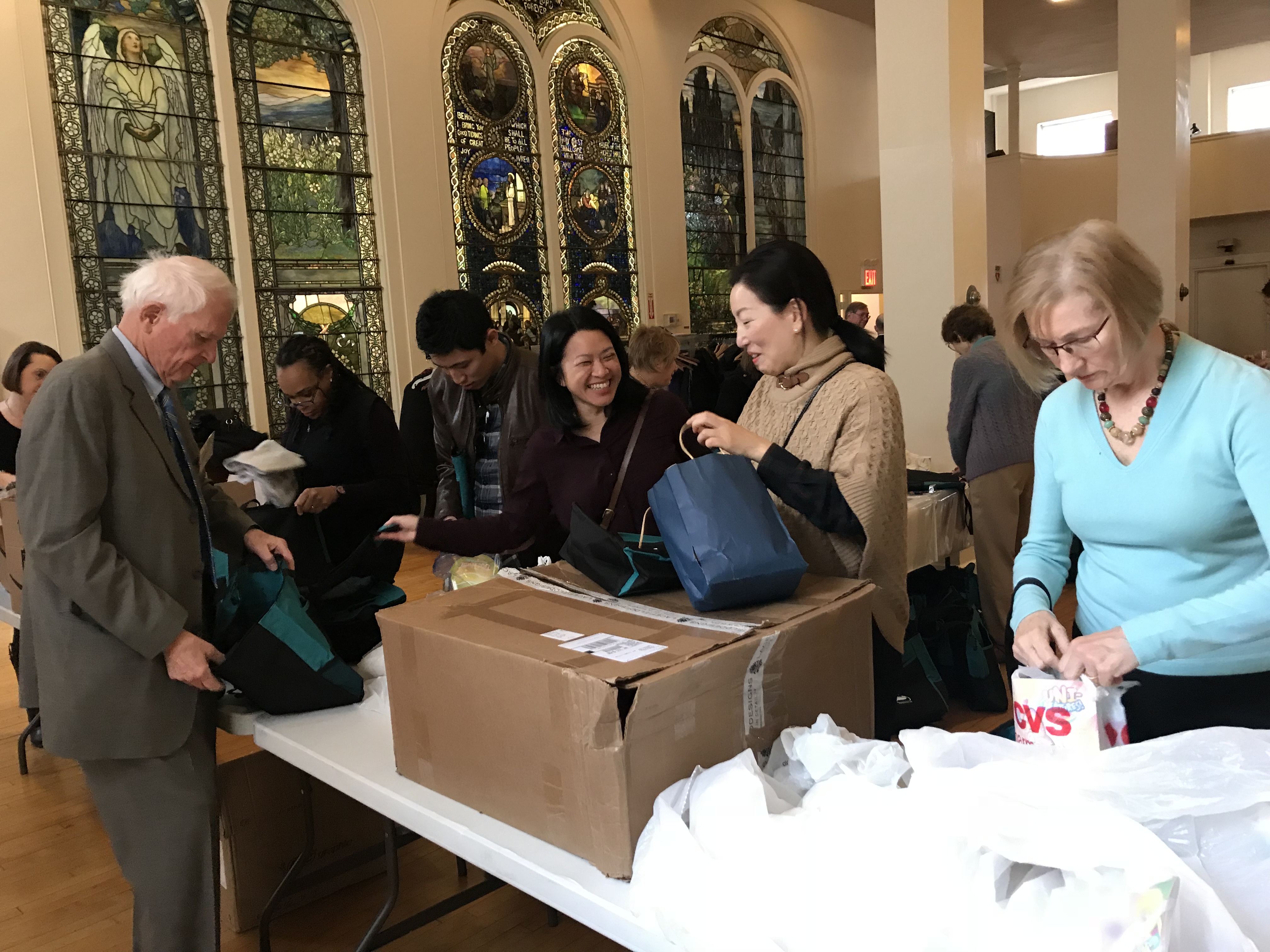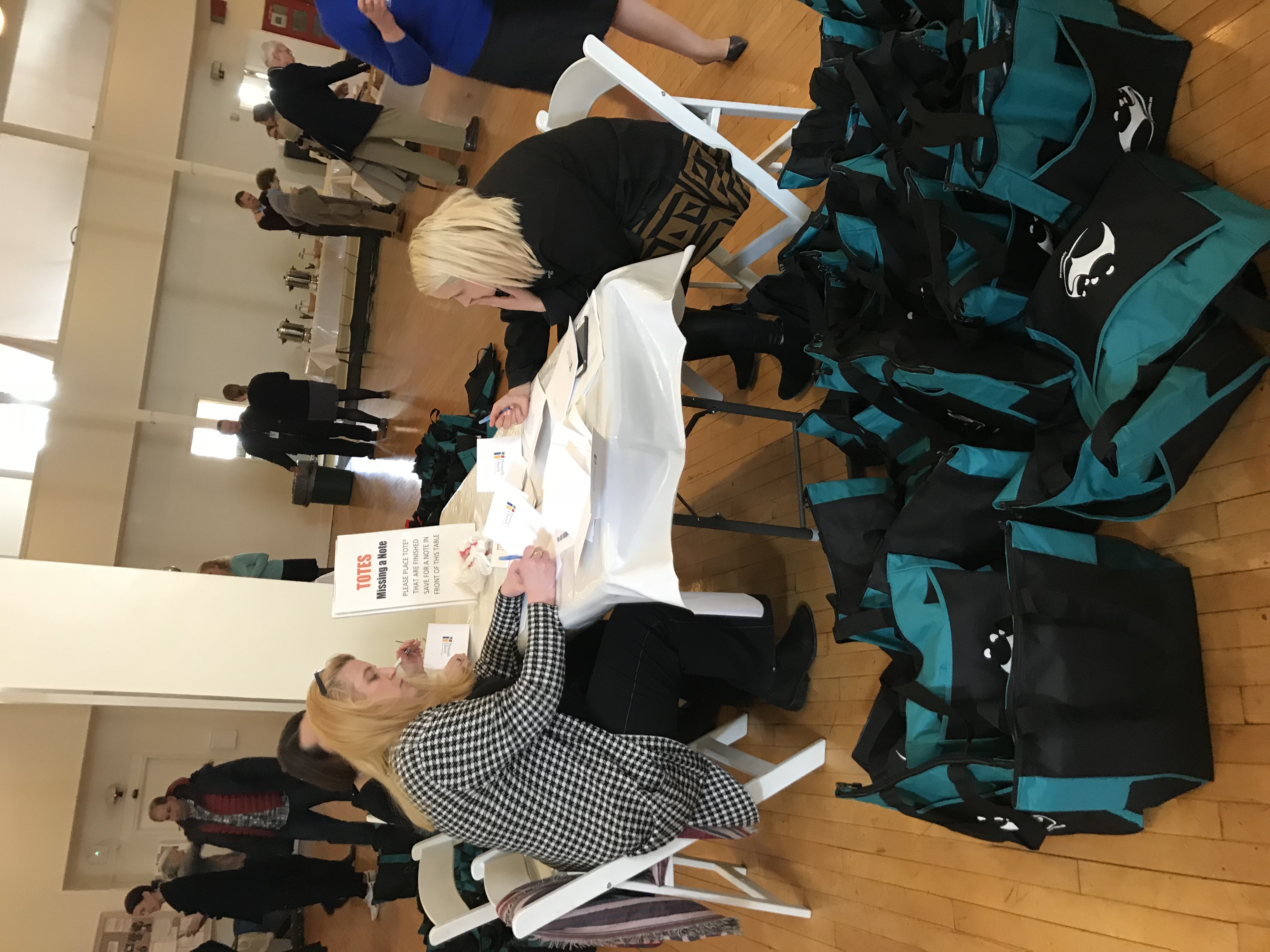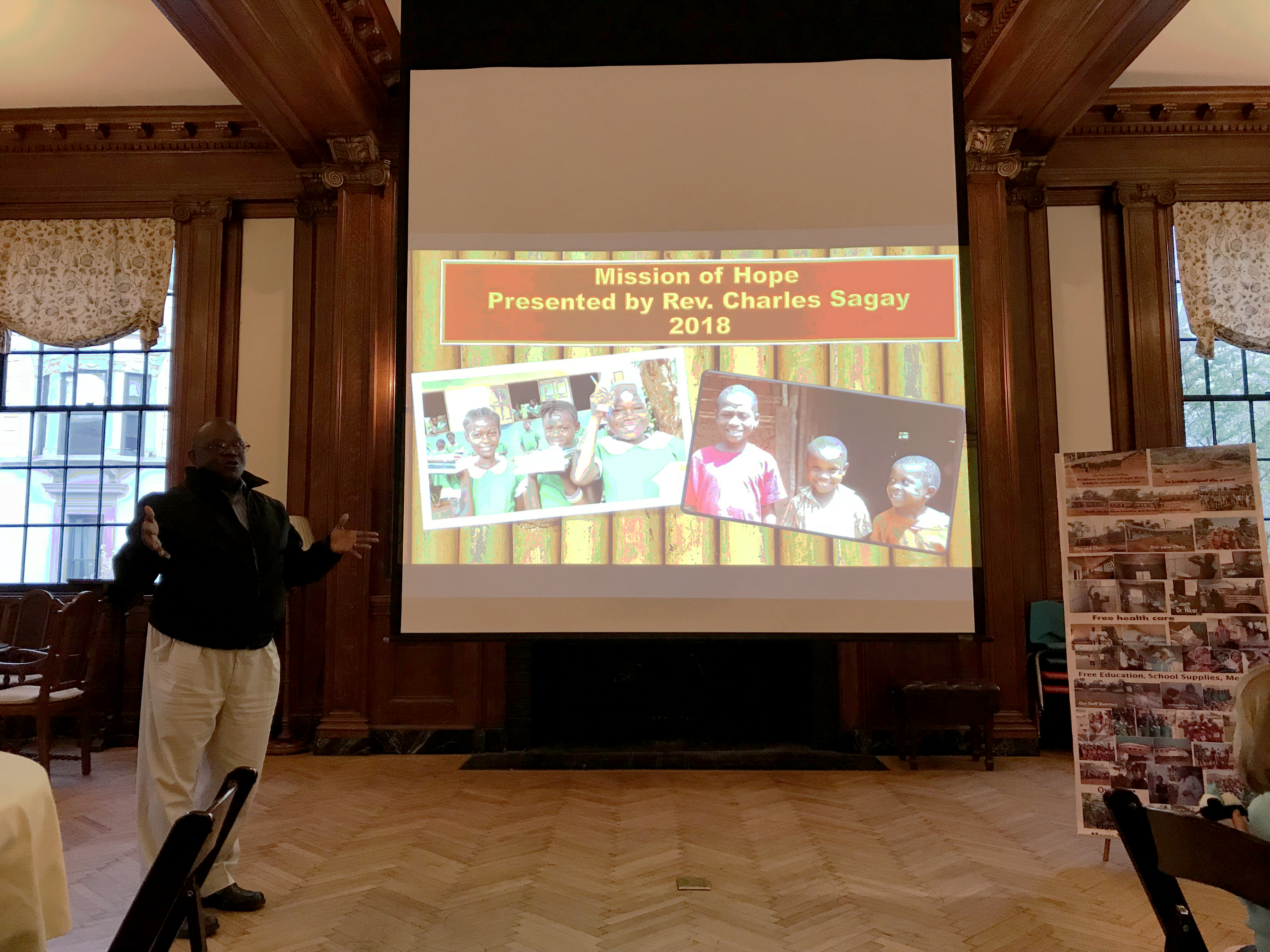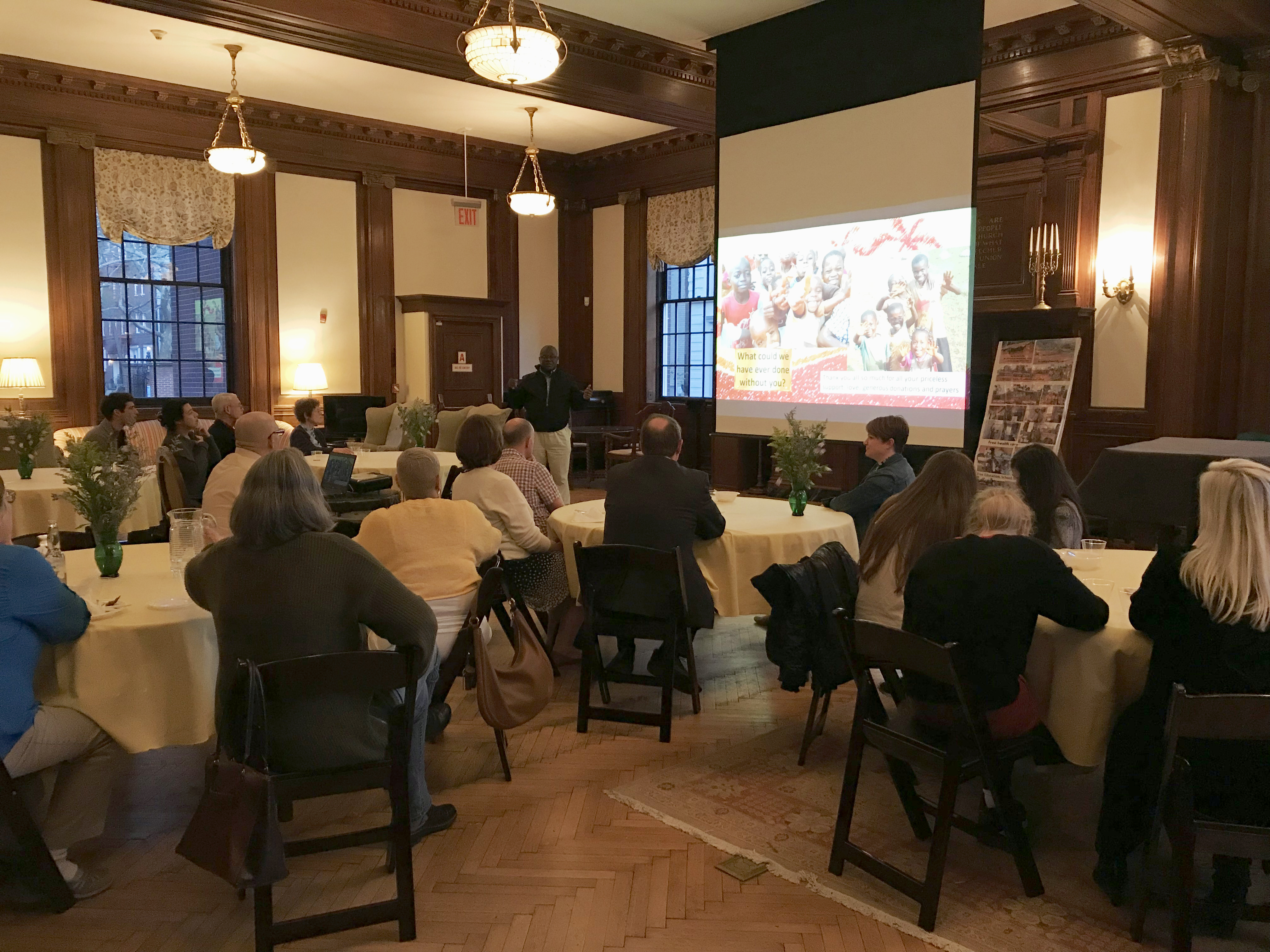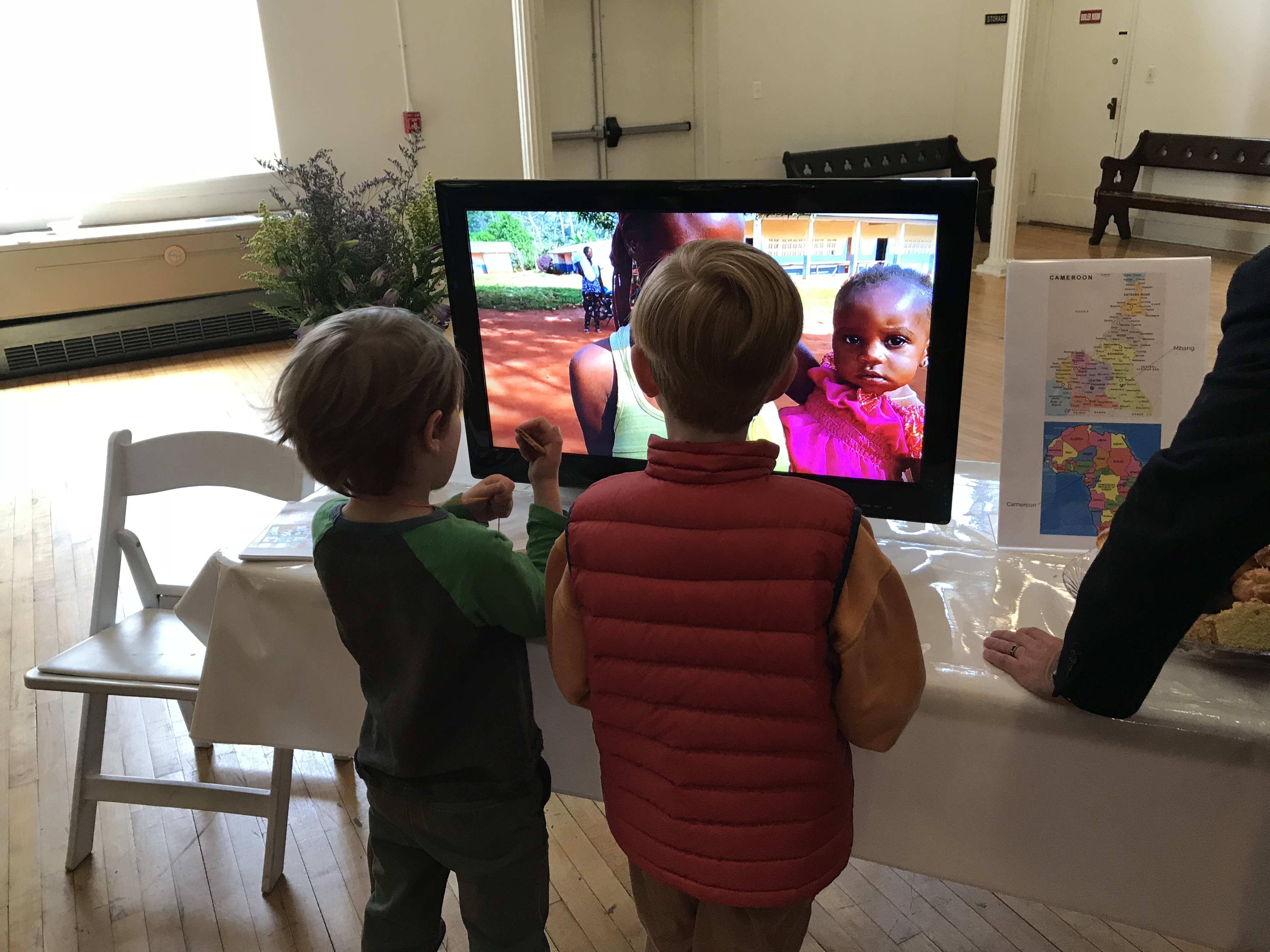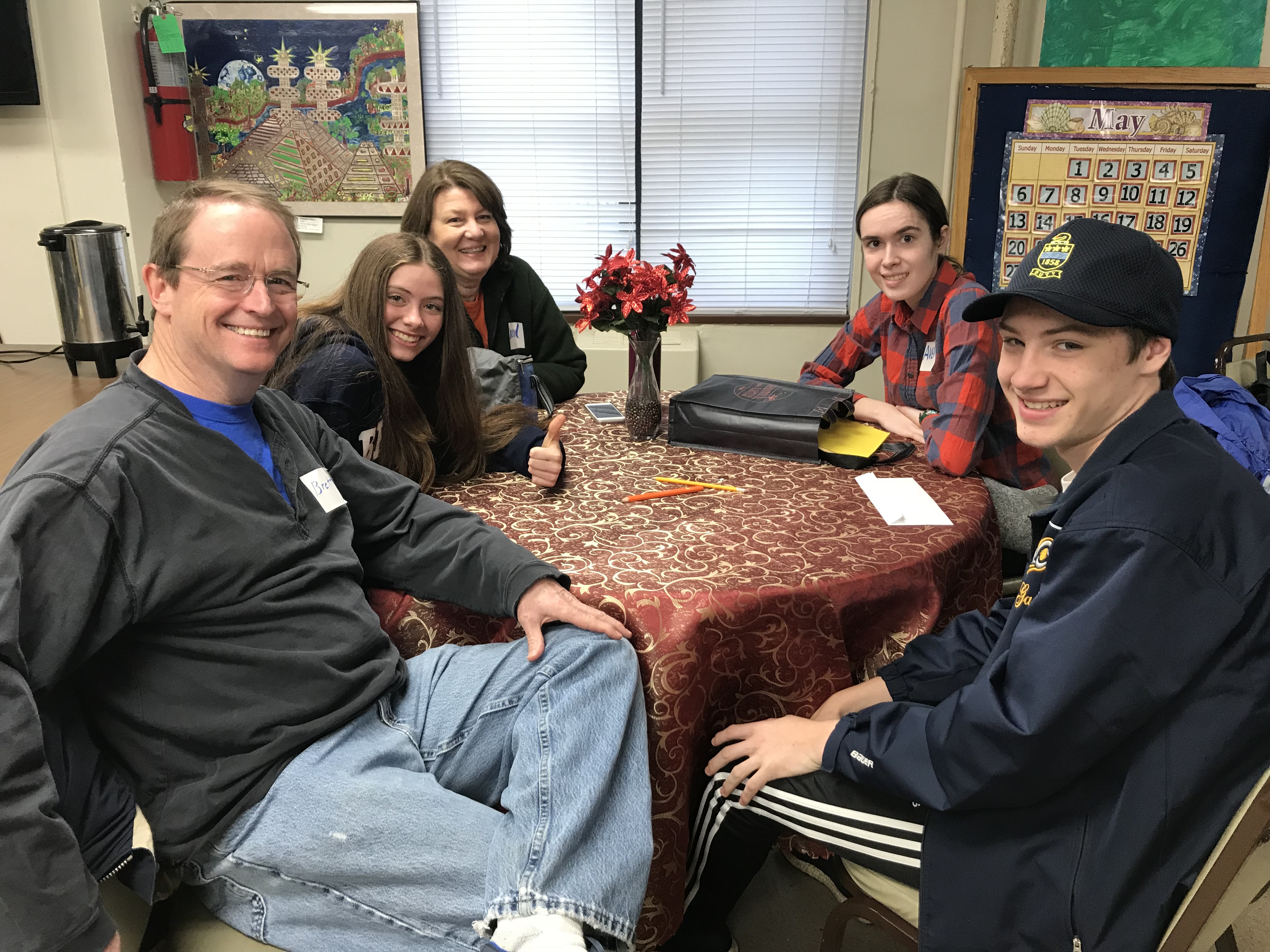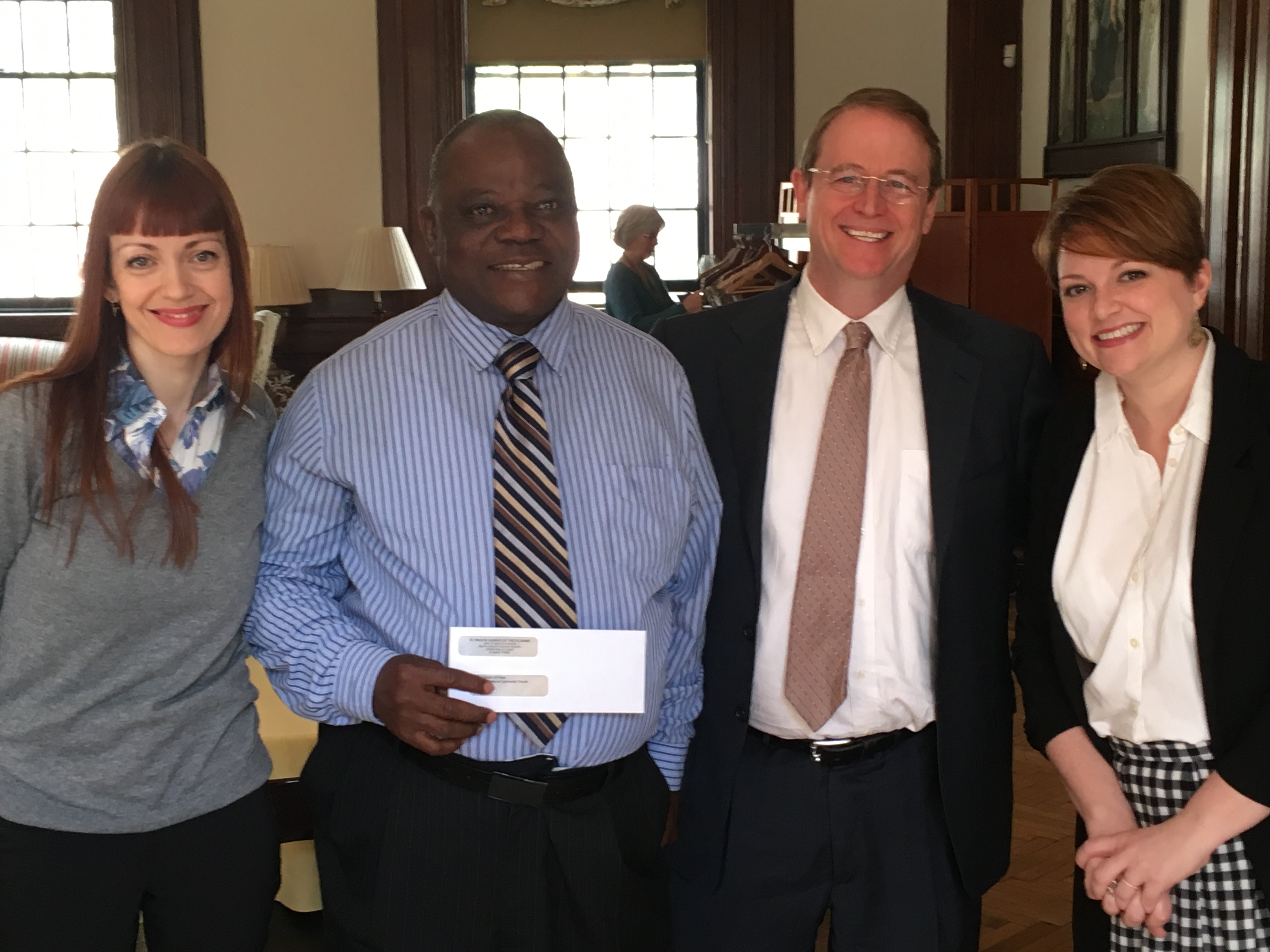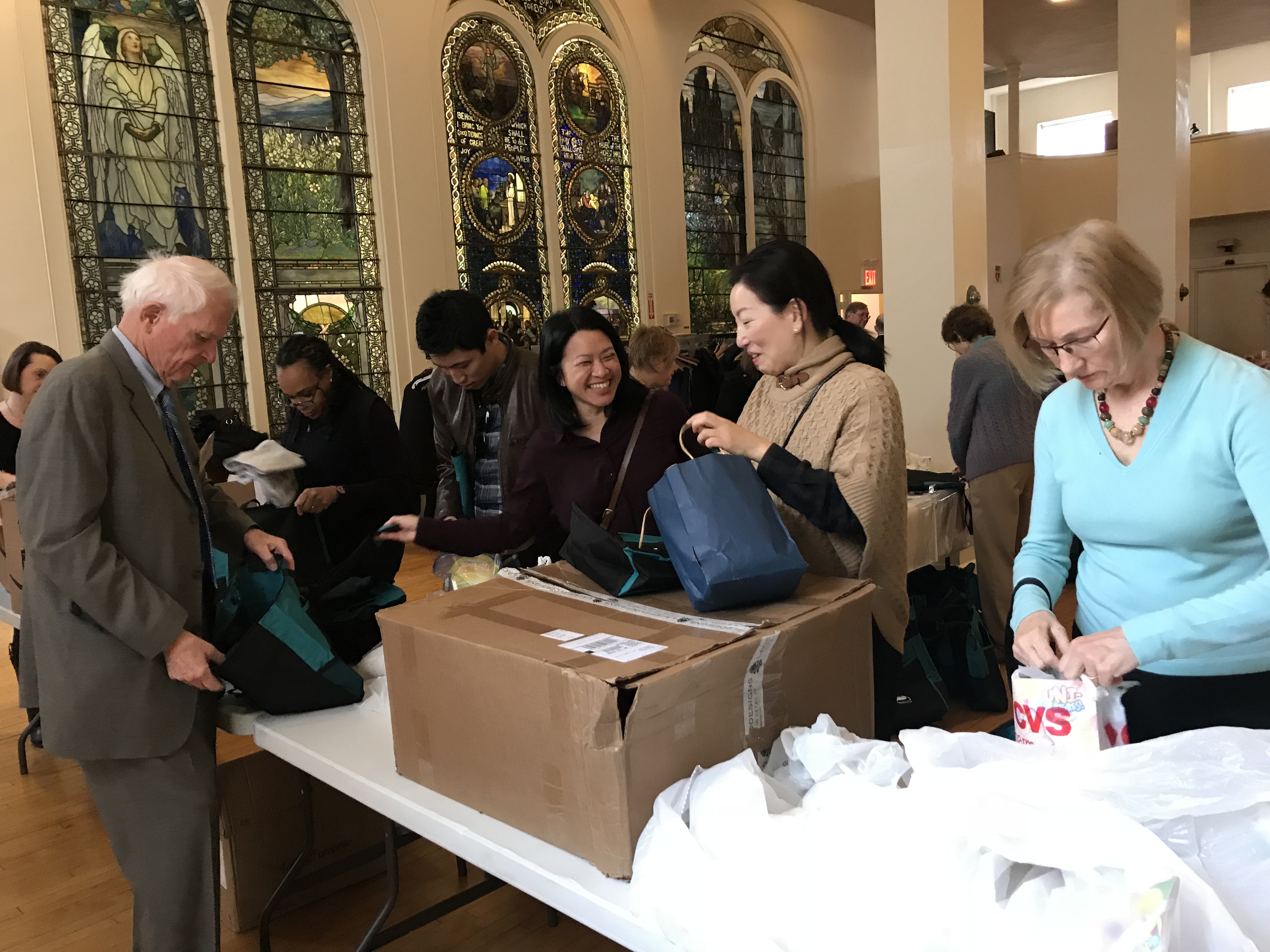It is a hard time to be a church. Goodness is losing on so many fronts. Our country is flirting with wars and the potential deaths of innocent people are not the biggest story. Much of our attention is given to sex scandals. Most of the time it is about men treating women terribly. Our sexism has made us less aware of growing racism. The gap between the rich and poor is getting wider. U.S. students now rank near the middle of the pack. The trends are heading the wrong directions—toward more division, more self-centeredness, and more despair. It is a hard time to be a church, but that is when we most need the church.
When the culture says we are becoming more isolated we need a family. Almost everyone at Plymouth attends coffee hour—which is not the case in most churches. We “Meet, Greet and Eat.” We go to the theater together. We tell the story of Plymouth’s amazing history. We share the life of the church with our youth. We have young adult groups, parenting groups, Bible studies, and book studies. At the heart of these activities is the hope that we will overcome divisions and be family for one another.
When the culture says we are becoming more self-centered, we need to worship God. Many of us are learning to give ourselves in worship. We sing. We pray. We confess. We listen. We give. We engage. We pass the peace exuberantly. We celebrate the many children in our congregation. We baptize. We observe communion. We welcome new members. During Lent, five members inspired us by honestly sharing why they find it hard to be a Christian. We are growing as worshippers as we move from worship as a spectator event to worship as a shared experience of God’s love.
When the culture says we are less caring, we need the church to help us serve. We build houses with Habitat for Humanity. We host conferences on anti-trafficking. We help parents talk to their children about racism. We work with the Hope Project, preparing people for job interviews. We push for bail reform. We provide shelter for the homeless. We support the Mission School of Hope in Cameroon. We share ministry with Plymouth Church School. We pack groceries for Brooklyn Delivers. We raise money for hurting women through the Thrift Store. We need the church, because people are hurting and we need to help.
This is a good time in the life of Plymouth. We are taking care of old things and trying new things. God is helping us love one another, worship honestly, and care for the needy.

